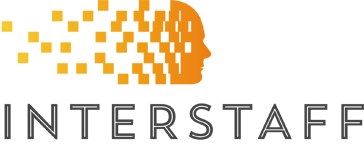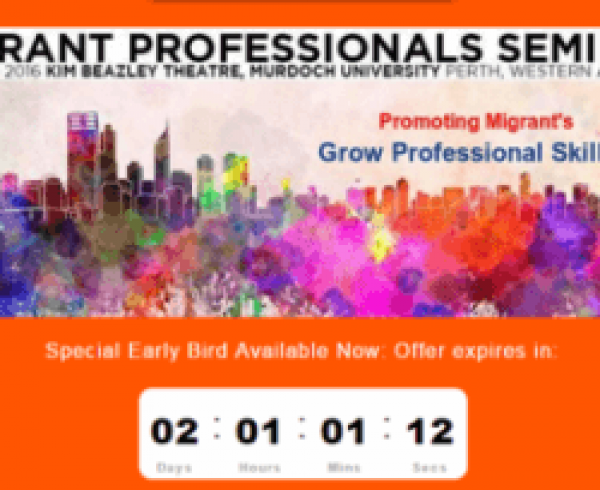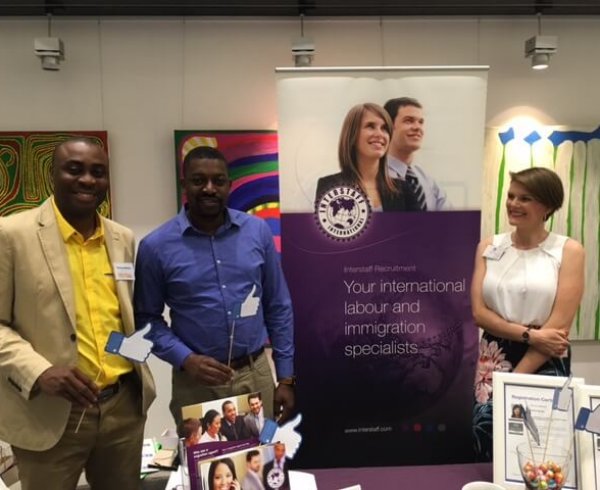
A number of changes to Australia’s skilled visas took place from 1 July 2017 and we have received some important updates on how the implemented changes are being managed by the Immigration Department. Here’s what businesses and skilled visa holders need to know.
Training benchmark legislation updates
The Immigration Department has recently updated migration legislation to reflect the new training benchmark requirements for nominations and sponsorship applications from 1 July 2017. The new legislative instruments now provide greater clarity on what the Immigration Department considers ‘acceptable expenditure’ towards a company’s Training Benchmark requirements.
Sponsors are still required to meet either Training Benchmark A or B. Training funds that may be used to meet the requirement of Training Benchmark A are:
- an industry training fund: that is, a statutory authority responsible for providing funding for training of eligible workers in certain industries;
- a fund managed by a recognised industry body that provides training opportunities in their industry and quarantines contributions to the fund for training purposes only; or
- a recognised scholarship fund operated by an Australian university or TAFE college only.
Alternatively, acceptable expenditure for Training Benchmark B includes:
- Payments for Australian employees to undertake a formal course of study, including any reasonable and necessary associated costs (e.g. costs of travelling to the training venue or access an online training programme);
- Payments to RTOs to deliver face-to-face training to Australian employees that will contribute to an Australian Qualifications Framework qualification;
- The purchase of an eLearning platform or standalone training software;
- Payments to cover the salary of Australian employees: engaged by the business as apprentices or trainees under a formal training contract, or who have completed an undergraduate or higher degree in a university within the last 2 years, and are participating in a formal, structured graduate program for up to 2 years, or completing a professional year following their graduation;
- The salary of a person whose sole role is to provide training to Australian employees;
- Expenditure to attend conferences for continuing professional development.
The training benchmarks will be abolished from March 2018 once the new Skilling Australians Fund is introduced.
Changes to labour market testing evidence arrangements
Previously, employers were encouraged to complete and sign a ‘Domestic Recruitment Table’ (DRT) as evidence that they have undertaken adequate labour market testing and advertising for a particular role.
The Immigration Department’s systems now allow for this information to be collected through the sponsor’s nomination form, therefore the DRT will no longer be accepted as evidence of labour market testing from October 2017.
Instead, documentation such as a copy of the relevant published advertisements and receipts for any advertising fees must be provided. The change will allow the Immigration Department greater scrutiny over whether the advertised conditions of employment are the same for both Australian and overseas candidates.
Nomination transfers to receive priority processing
The Immigration Department’s systems now automatically allow for priority processing of nomination transfers for 457 visa holders who are changing employers. This means 457 visa holders will be out of work for a shorter duration between employers, and businesses will experience a reduced waiting period before the employee is able to begin work with the company.
Updates to visa grant periods and international trade obligations (ITO)
While the Short Term Skilled Occupation List (STSOL) generally allows for a two year visa, the Immigration Department has advised that a 457 visa period of four years may be granted in cases where nominated occupations on the STSOL are:
- Requested by the sponsor; and
- Required to meet Australia’s ITOs as outlined below
A four year visa period will still be available for ‘executive and senior mangers’ where the nominee is:
- Currently working in a WTO member country for the associated entity of an Australian sponsor (ICTs) or
- Seeking to establish a new branch of the nominating business that is already operating in Thailand or China (Independent Executives).
A four year visa period is also available for certain country specific scenarios for Singapore, Thailand or China.
Police certificate requirements
Currently, all 457 visa applications lodged from 1 July 2017 must provide police certificates for each country the applicant has lived in for a cumulative period of 12 months or more, over the last 10 years if their stay in Australia is expected to exceed 12 months.
The Immigration Department has advised police certificates will be required prior to lodging the visa application so it is important to consider the time it takes to receive police certificates. In our experience, some countries can take longer than others to process police certificate applications.
Interstaff will keep you updated on any further changes to Australia’s skilled visas. Read about the recent 457 visa changes here or to understand how the recent 457 visa changes impact you or your business, we encourage you to contact Interstaff’s registered migration agents for a free visa assessment at [email protected] or on +61 8 9221 3388 (or National Free Call 1800 449 858).
Source:
The Department of Immigration and Border Protection
Interstaff’s Registered Migration Agents






